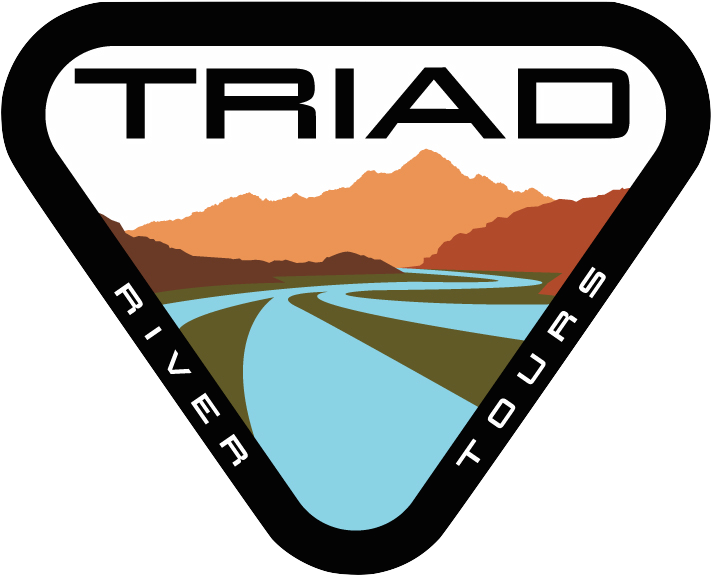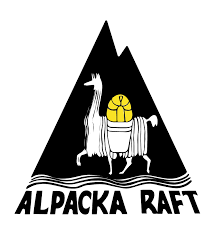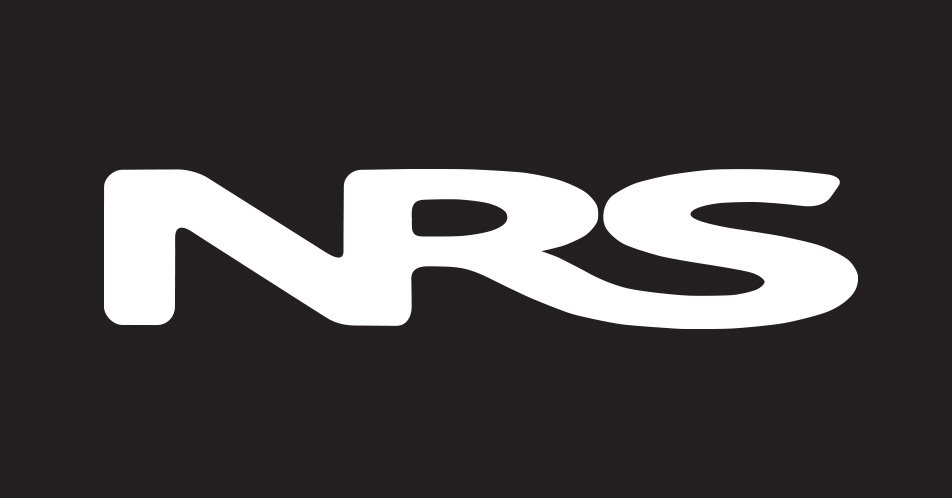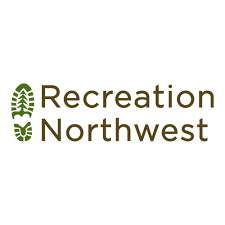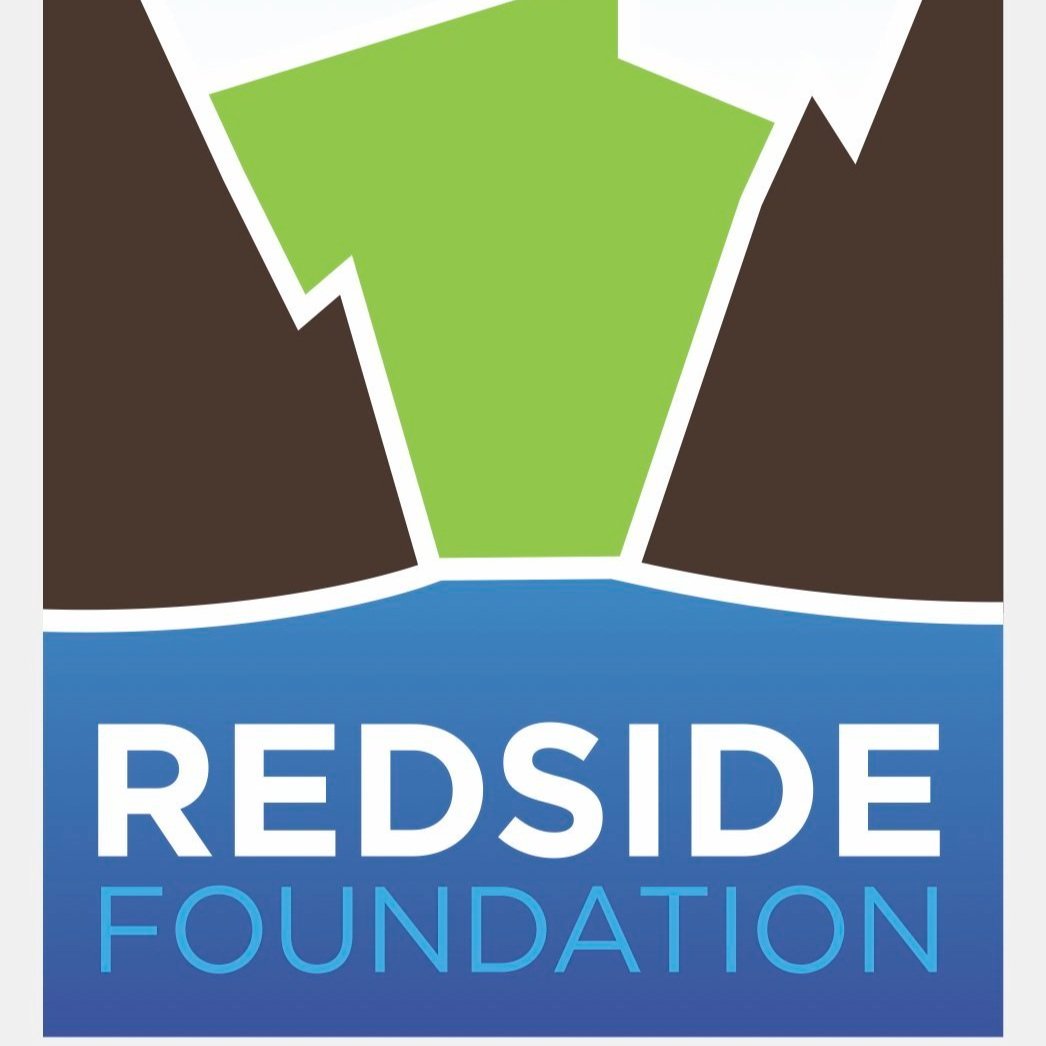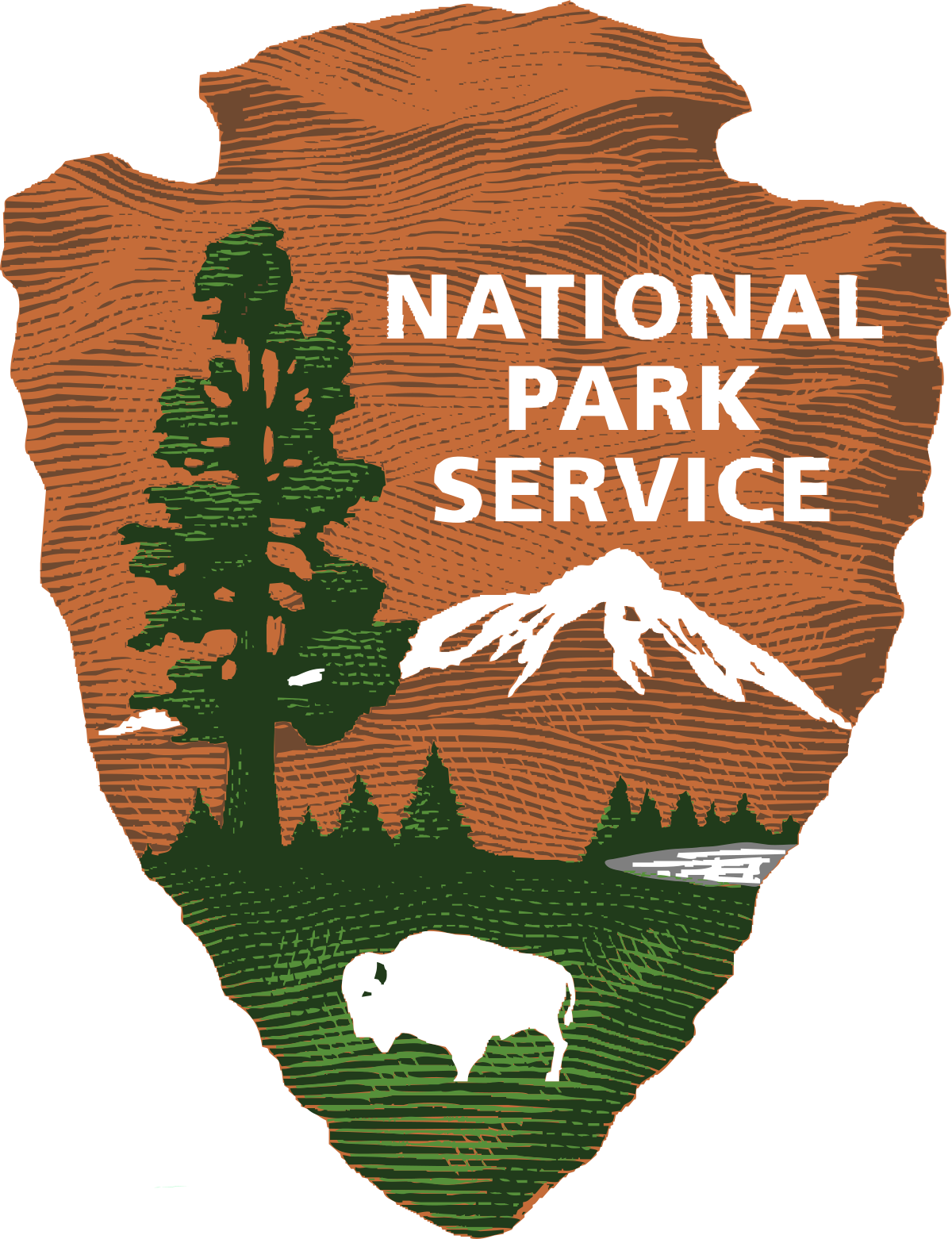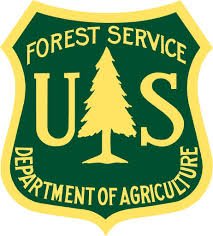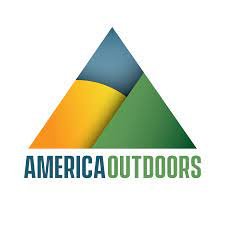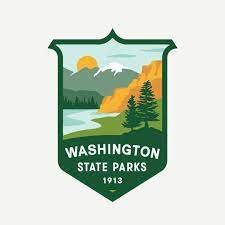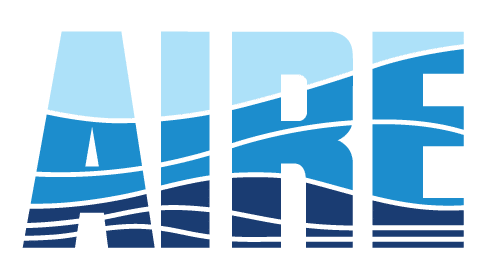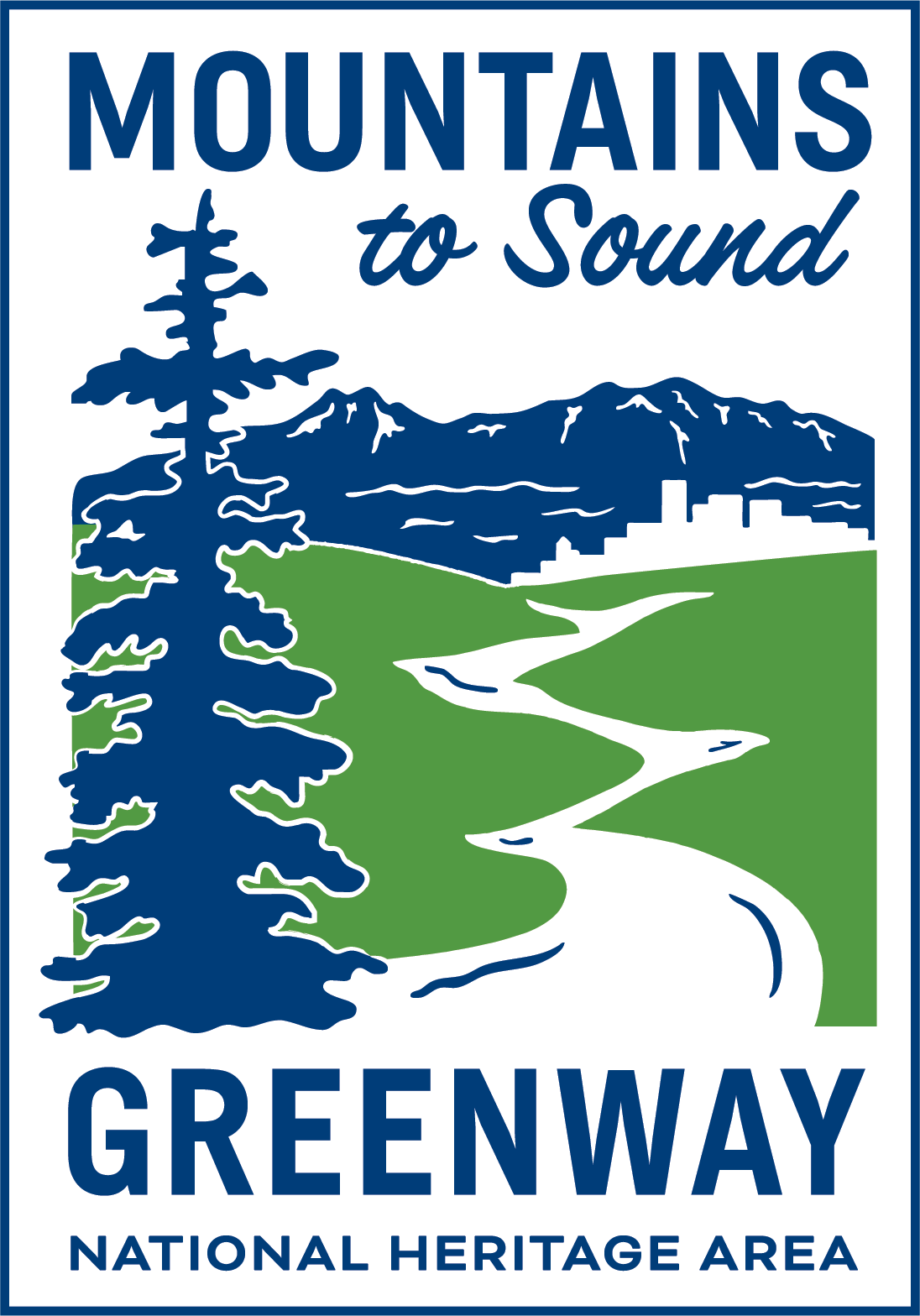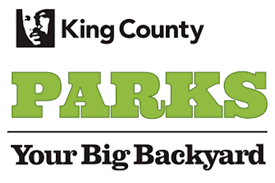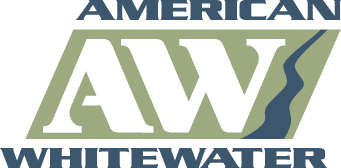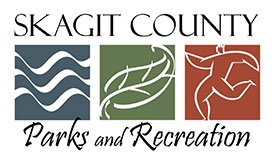Click here for relevant article
After I became a guide in 2000, I started traveling to rivers all over the country. Usually I would work summers, sleeping in a bivy sack on the beach during multi-day expeditions, and in the winter I would rent a room somewhere while doing drift boat fishing trips. After working rivers on the East Coast in 2003 I got a job at a Patagonia store in Bar Harbor, Maine. Ever since then I worked at that store I have used their gear, but it's not because of the quality of their clothing, it's mostly because of what they stand for.
When I worked at a Patagonia store we were trained to ask people "do you have something that already serves this purpose?" to make sure that we weren't just selling something because it was cute; we wanted it to serve a purpose. I can remember talking with the Patagonia factory employees on the phone. You could tell that they were happy where they worked, and you knew that they backed up their products not only because it was good business, but because the company sincerely wanted to produce less waste. Since I worked at a Patagonia store I don't think I have ever been on a river trip since then where a piece of Patagonia gear hasn't been with me. It's expensive, that's for sure, but I always feel good buying it. I have pieces of Patagonia gear that I have sent in for repairs 3 or 4 times. They always fix it and send it back, or they'll send me a gift card to buy something else. Now that I'm finishing my masters degree in business, focusing on sustainability in the outdoor recreation industry, I can't help but think that Patagonia is the company that sets the standard for minimalist ethics in a consumer industry.
Now that we live in politically charged times, we as guides have to be careful to be open to everyone. We are public servants, here to expose and introduce people to their natural landscapes, their public lands, and the wonders that surround them in Washington. It's not our job as guides to change the minds of people, it's our job to listen to them, what their values are, and how we can facilitate their relationship with mother nature. We have to work alongside several government agencies, and its not always perfect, but we appreciate that these agencies are there to protect public land, and (hopefully) they are there to empower our company to serve the public on those lands (and rivers). Now we see Patagonia as a company taking a stand for public lands, identifying their company as a proponent of protecting public land even at the expense of profits. While we are politically neutral as a company, we respect Patagonia for the statement that it is making: that business shouldn't come at the expense of our core ethics and beliefs.
Luke Baugh
River Manager at Triad
Read More:
The Unquantifiable Value of Rivers
The Rise of the Ethical Expedition
